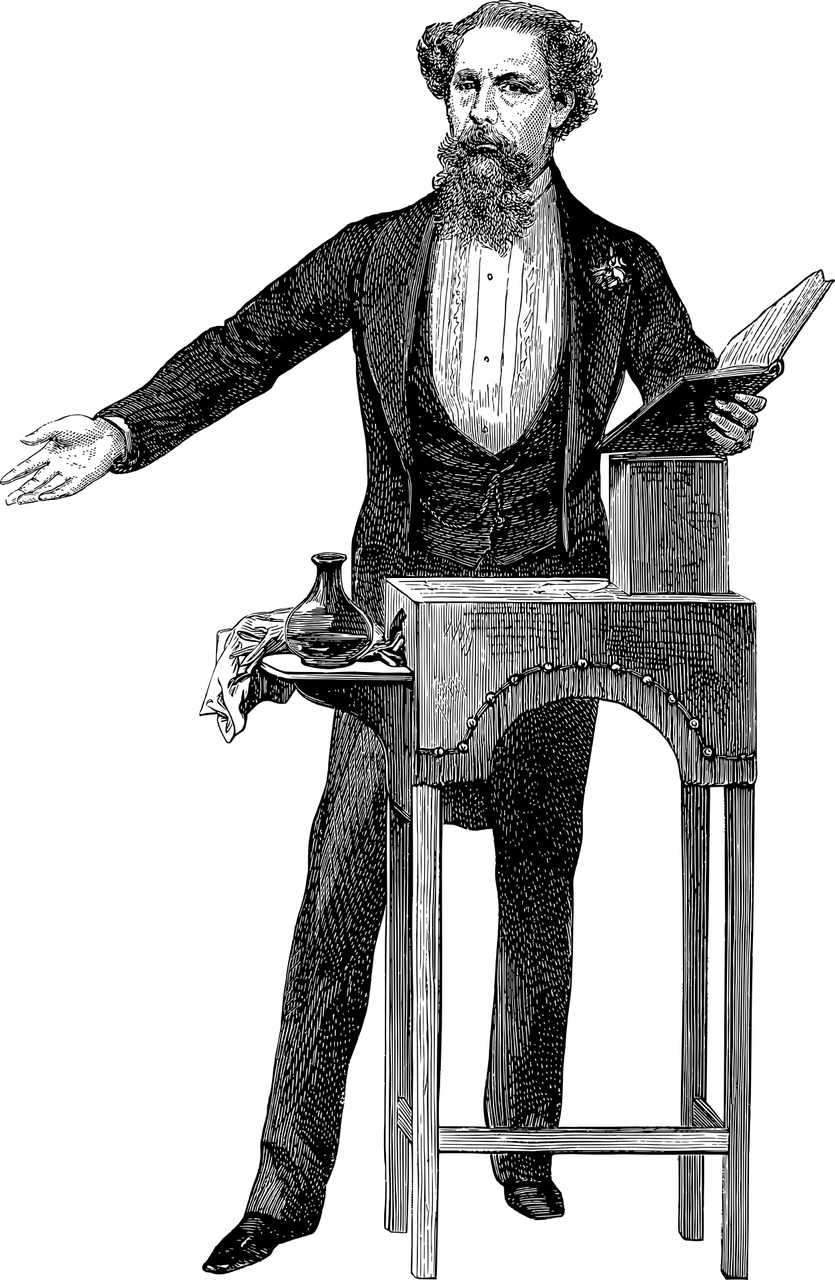George Orwells 1984: A Dystopian Masterpiece that Resonates with the Modern World

Introduction:
George Orwell’s 1984 is a powerful and thought-provoking novel that has captivated readers since its publication in 1949. Set in a dystopian future, the book explores themes of totalitarianism, surveillance, and the manipulation of truth. In this article, we will delve into the significance of Orwell’s 1984, its historical context, and its enduring relevance in contemporary society. Whether you are a literary enthusiast or simply curious about this timeless masterpiece, this article aims to provide you with a comprehensive understanding of George Orwell’s 1984.
The Evolution of George Orwell’s 1984:

1. Publication and Initial Reception:
– In June 1949, George Orwell’s 1984 was published amidst a post-war world grappling with the rising influence of totalitarian regimes.
– Despite initial mixed reviews, the novel gradually gained recognition for its prophetic depiction of a future society controlled by Big Brother.
2. Historical Context:
– Orwell’s experiences during World War II, his time in the Spanish Civil War, and the rise of authoritarian regimes influenced the book’s bleak vision of the future.
– The novel reflects the anxieties of the post-war era, with the Cold War tensions and the threat of nuclear war looming large.
3. Themes Explored:
a. Totalitarianism and Government Control:
– Orwell’s portrayal of a tyrannical government that monitors its citizens’ every move and thought resonates with fears of surveillance and loss of privacy in the modern world.
– The Party’s manipulation of language, through concepts like “Newspeak” and “doublethink,” highlights the danger of controlling information.
b. The Individual’s Struggle for Identity:
– Winston Smith, the protagonist, rebels against the Party’s oppressions, highlighting the importance of individuality and free thought.
– Orwell’s exploration of memory and the past emphasizes the role of personal history in shaping one’s identity.
c. Power and Resistance:
– The novel presents a stark power imbalance between the ruling elite and the powerless masses.
– Winston’s efforts to resist this power imbalance serve as a reminder of the importance of challenging oppressive regimes.
The Relevance of George Orwell’s 1984 Today:
1. Surveillance and Privacy Concerns:
– Orwell’s portrayal of an all-seeing government resonates in the era of mass surveillance, with governments and corporations collecting vast amounts of personal data.
2. Manipulation of Trut
– Orwell’s concept of “doublethink” and the Party’s control of information highlights the danger of misinformation and fake news in today’s society.
– The novel serves as a cautionary tale about the importance of critical thinking and media literacy.
3. Authoritarianism and Populism:
– The rise of authoritarian leaders and the erosion of democratic values in several countries reflect Orwell’s warnings about the dangers of totalitarianism.
– Orwell’s 1984 prompts readers to question the actions of those in power and defend individual freedoms and democratic principles.
Conclusion:
George Orwell’s 1984 remains a timeless masterpiece that resonates with readers across generations. Its themes of totalitarianism, surveillance, and the struggle for individual autonomy continue to be relevant in today’s world. Through vivid storytelling, Orwell provokes readers to reflect on the dangers of unchecked power and the importance of preserving freedom despite adversity. As we navigate the complexities of the twenty-first century, 1984 serves as a reminder of the enduring relevance of Orwell’s vision and the need for constant vigilance to protect our democratic values.
References:
– Orwell, George. 1984. Penguin Books, 1949.
– Stansky, Peter. The Orwell Mystique: A Study in Male Ideology. Harper & Row, 1984.
– Rodden, John. George Orwell: The Politics of Literary Reputation. Transaction Publishers, 2015.





